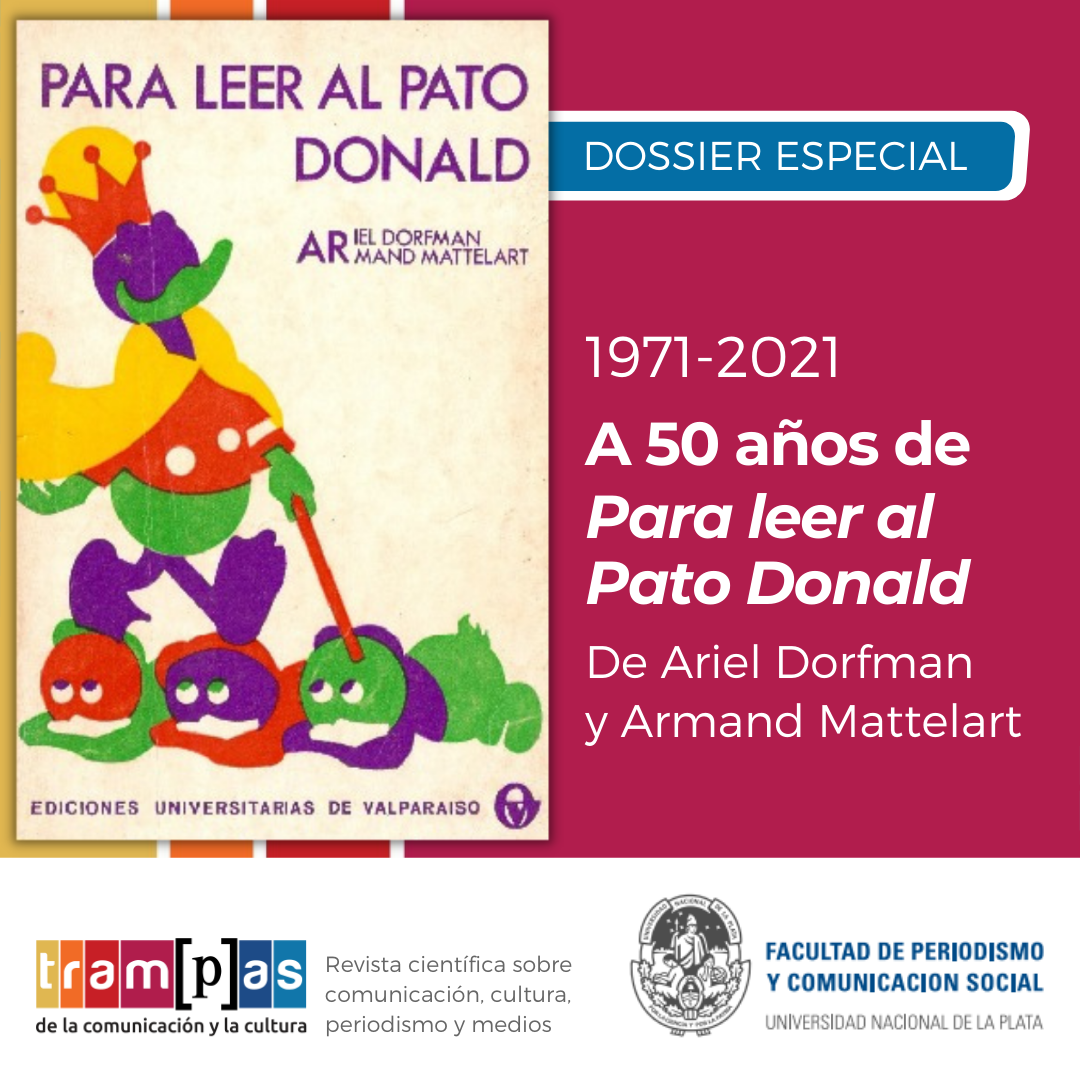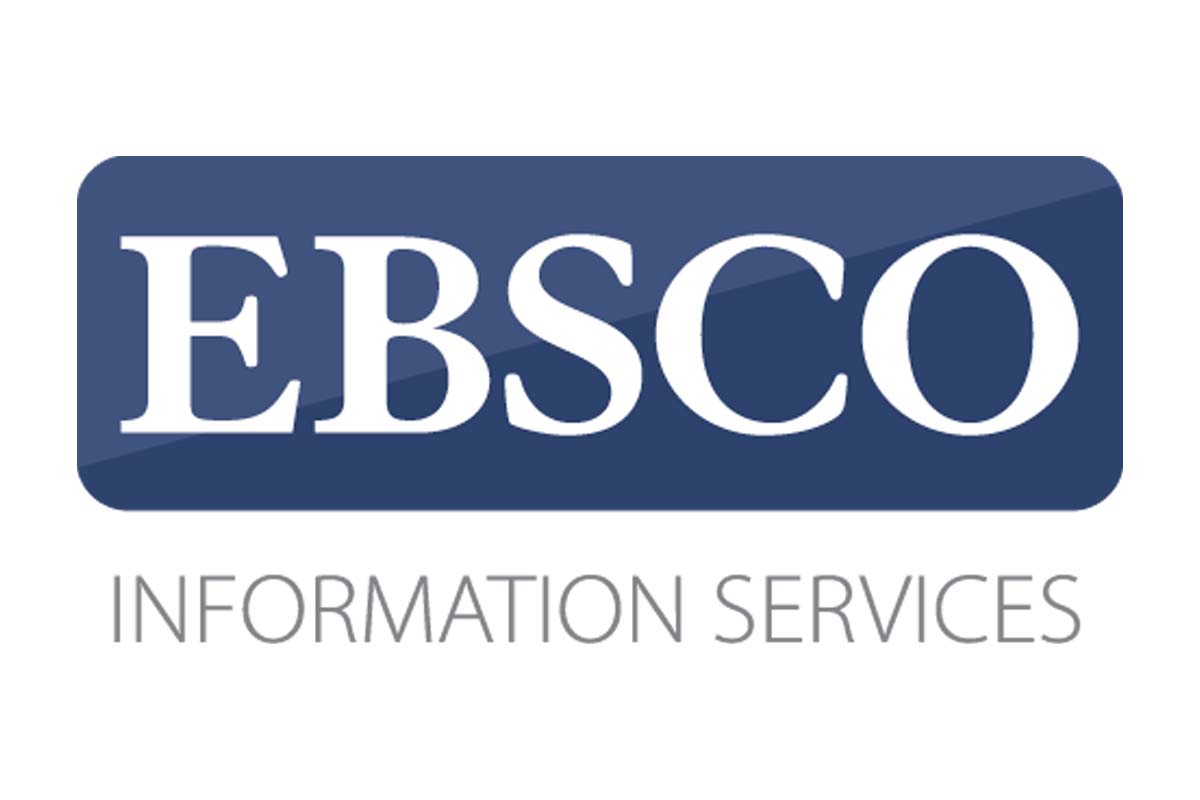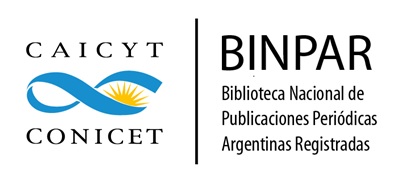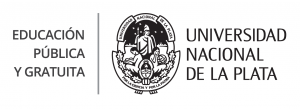Otra realidad para la ficción televisiva en la TV Pública
Palavras-chave:
Televisión, ficción, Ley de Servicios de Comunicación Audiovisual, TV PúblicaResumo
En el sector audiovisual argentino, la innovación tecnológica de la Televisión Digital Terrestre (TDA) sumada al marco regulatorio específico de la Ley de Servicios de Comunicación Audiovisual (LSCA) implicaron la búsqueda de conversión de un modelo basado en la concentración de medios, exclusividad de contenidos, productores hegemónicos y visiones de mundo unívocas, hacia un otro en que la cultura es considerada como una trama plural basada en la diversidad: diversidad de señales, productores, narraciones e identidades. Las políticas públicas citadas tuvieron una incidencia directa en el fortalecimiento de los medios públicos y muy especialmente, de Canal 7-TV Pública, históricamente sometida a los intereses comerciales y gubernamentales de turno. En este contexto, la ficción televisiva se convierte en un enclave precioso para pensar ese proceso.A partir de 2009, la oferta ficcional de la TV Pública se nutre de nuevas modalidades de producción, ofrece nuevos formatos y géneros, y visibiliza una pluralidad de realizadores audiovisuales que expresan en sus narrativas una serie de temáticas, imaginarios locales y estéticas hasta entonces marginalizadas o poco frecuentes. En 2014, se estarán cumpliendo cinco años de la sanción de la Ley de Servicios de Comunicación Audiovisual: ley histórica y fundamental para la democratización de la comunicación en Argentina. Este marco nos permite pensar respecto de la TV Pública, en la posibilidad concreta de recuperar “medio siglo perdido del canal público” (Mindez, 2001).
Downloads
Downloads
Publicado
Como Citar
Edição
Seção
Licença
Política vigente a partir del número 82 (2018).
Los materiales incluidos en ediciones previas se publicaron bajo una licencia BY-NC-ND.
La aceptación de un original por parte de la revista implica la cesión no exclusiva de los derechos patrimoniales de los/as autores/as en favor del editor, quien permite la reutilización, luego de su edición (postprint), bajo una Licencia Creative Commons Atribución-NoComercial-CompartirIgual 4.0 Internacional (CC BY-NC-SA 4.0)
Acorde a estos términos, el material se puede compartir (copiar y redistribuir en cualquier medio o formato) y adaptar (remezclar, transformar y crear a partir del material otra obra), siempre que a) se cite la autoría y la fuente original de su publicación (revista y URL de la obra), b) no se use para fines comerciales y c) se mantengan los mismos términos de la licencia.
La cesión de derechos no exclusivos implica que luego de su edición (postprint) en Tram[p]as de la comunicación y la cultura las/os autoras/es pueden publicar su trabajo en cualquier idioma, medio y formato; en tales casos, se solicita que se consigne que el material fue publicado originalmente en esta revista.
Tal cesión supone, también, la autorización de los/as autores/as para que el trabajo sea cosechado por SEDICI, el repositorio institucional de la Universidad Nacional de La Plata, y sea difundido en las bases de datos que el equipo editorial considere adecuadas para incrementar la visibilidad de la publicación y de sus autores/as.
Asimismo, la revista incentiva a las/os autoras/es para que luego de su publicación en Tram[p]as de la comunicación y la cultura depositen sus producciones en otros repositorios institucionales y temáticos, bajo el principio de que ofrecer a la sociedad la producción científica y académica sin restricciones contribuye a un mayor intercambio del conocimiento global.









.png)






















